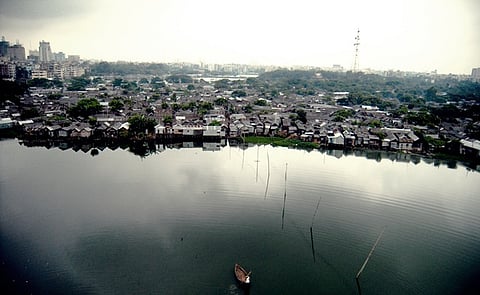Clearing Korail
The summer heat is scorching but it does not impede the regular bustle of Korail, one of the largest slums of Dhaka, a city where an estimated quarter of the 16 million inhabitants live in slums. Rickshaw pullers come and go, fruit-sellers hawk their wares, bare-bodied boys walk around. Even the demolition of 1500 shacks has only slowed down but not halted the brisk activity required for making a living. In fact, the population of the slum scarcely diminished after the 4 April demolition carried out by the government. Most residents have not left because they have nowhere else to go. They depend on the slum and the surrounding area for their livelihoods; most of them work in the textile industries located nearby, or as household help in the neighbouring middle- and upper-class residential areas.
Though a court order has stayed further demolition and consequent evictions for the moment, the battle is far from over for Korail's residents. Like most slum-dwellers in Southasia, the residents of Korail are resigned to a precarious existence, living on the margins of the law, a short step away from falling through the cracks in governmental and social support structures because of their status as 'illegal occupants' of urban land.

